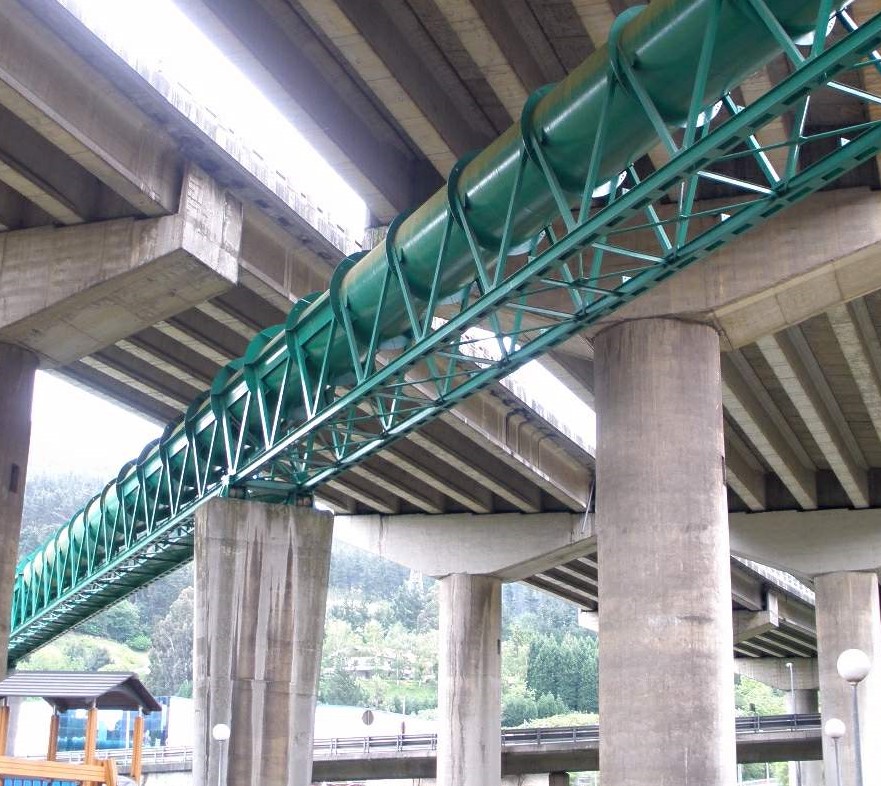From pv magazine Germany
Since October, TÜV Rheinland, German energy supplier GVG Rhein-Erft, and network operator Rheinische Netzgesellschaft (RNG) have been testing the impact of adding 20% of hydrogen to the gas network in Erftstadt, near Cologne, Germany.
At the end of the heating period, the partners drew up an interim balance and found that all connected gas consumption devices were running without any faults. Prior to this experiment, the German legislation allowed a hydrogen blend of up to 10%.
According to TÜV Rheinland, homeowners and businesses were able to use their devices as usual throughout the heating period. These did not have to be converted for the changed composition of gas mixture, which also had no impact on regular gas network operations.
The field test is scheduled to last until the end of December. A total of 100 households from the districts of Niederberg, Borr, and Friesheim are taking part. The districts are particularly well suited for a field test of this type, as the network, which is around 9 km long, was built in 2007.
Popular content
TÜV Rheinland conducted the first-ever field test in Germany on an L-gas network, which is distinct from the H-gas network in terms of gas composition and origin. L-gas, supplied to western Germany, has a lower energy content (80-87% methane) and is more cost-effective compared to H-gas, which contains 87-99% methane and is higher in energy content and cost.
TÜV Rheinland, GVG Rhein-Erft, and RNG collaborated to introduce hydrogen into the test area in multiple stages. Initially, they mixed 10% hydrogen with natural gas, and after four weeks, they gradually increased the proportion to 15%. Since October 2022, the gas network has been operating with a 20% hydrogen admixture.
“In the run-up, we exposed all gas-consuming devices in the test area to a test gas containing 23% of hydrogen. This enabled us to ensure the suitability of each individual gas appliance in the project area,” explained project manager Mr. Michael Thys (GVG).
TÜV Rheinland plans to expand its testing to explore the technical possibilities of a hydrogen admixture of up to 30% in suitable gas networks.
This content is protected by copyright and may not be reused. If you want to cooperate with us and would like to reuse some of our content, please contact: editors@pv-magazine.com.


By submitting this form you agree to pv magazine using your data for the purposes of publishing your comment.
Your personal data will only be disclosed or otherwise transmitted to third parties for the purposes of spam filtering or if this is necessary for technical maintenance of the website. Any other transfer to third parties will not take place unless this is justified on the basis of applicable data protection regulations or if pv magazine is legally obliged to do so.
You may revoke this consent at any time with effect for the future, in which case your personal data will be deleted immediately. Otherwise, your data will be deleted if pv magazine has processed your request or the purpose of data storage is fulfilled.
Further information on data privacy can be found in our Data Protection Policy.